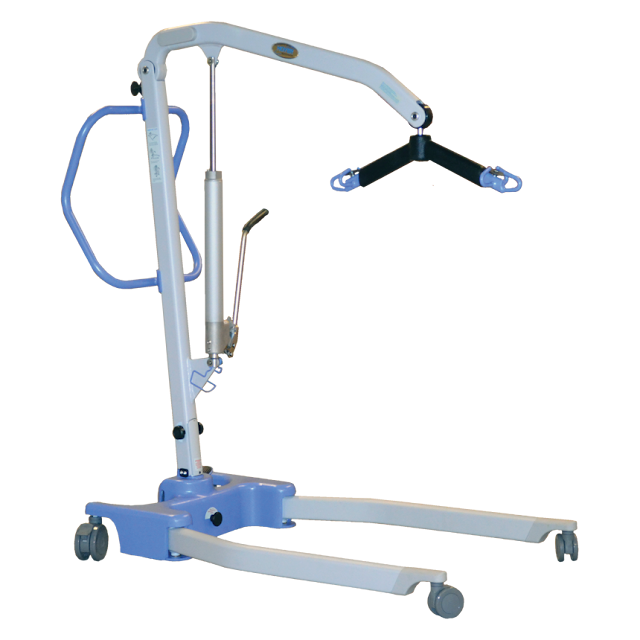Cancer Diary: When a Business Partner is Also Your Dying Spouse

Small businesses are often co-owned by spouses. The partnership blends life and work, weaving together shared goals, hopes, and sacrifices. But what happens when one of those partners becomes terminally ill—and not gradually, but suddenly, with a diagnosis that leaves little time to prepare? That was the reality I faced when Carl, my husband of over 51 years, was diagnosed with multiple late-stage cancers. His health declined rapidly, and he pushed hard to close our business—something we had built together—because he could no longer do the work he had always managed. On the surface, his wish was simple: “I’m dying, and I want everything to stop with me.” But for those left behind, nothing stops. Life keeps demanding care, attention, and difficult decisions. I was caring not only for Carl, but also for our disabled son and a daughter who needed support. And the business—our livelihood—still needed running. Carl saw one piece of the picture: his need for full-time care and atten...






